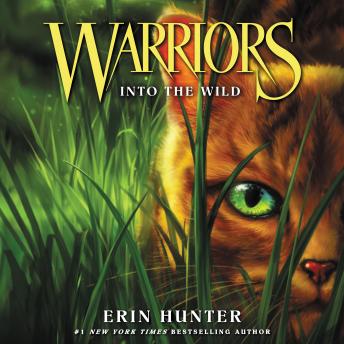

" heart-rending drama of human yearning."-New York Times"A narrative of arresting force. Whether he was "a courageous idealist, or a reckless idiot," you won't soon forget Christopher McCandless. By book's end, McCandless isn't merely a newspaper clipping, but a sympathetic, oddly magnetic personality. No man with any of the juices of boyhood in him has forgotten those dreams." Into the Wild shows that McCandless, while extreme, was hardly unique the author makes the hermit into one of us, something McCandless himself could never pull off.

wandering through the romantic waste places of the world. Krakauer quotes Wallace Stegner's writing on a young man who similarly disappeared in the Utah desert in the 1930s: "At 18, in a dream, he saw himself. Not only about McCandless's "Alaskan odyssey," but also the forces that drive people to drop out of society and test themselves in other ways. While it doesn'tcannotanswer the question with certainty, Into the Wild does shed considerable light along the way.

"God, he was a smart kid." So why did Christopher McCandless trade a bright future-a college education, material comfort, uncommon ability and charm-for death by starvation in an abandoned bus in the woods of Alaska? This is the question that Jon Krakauer's book tries to answer.


 0 kommentar(er)
0 kommentar(er)
